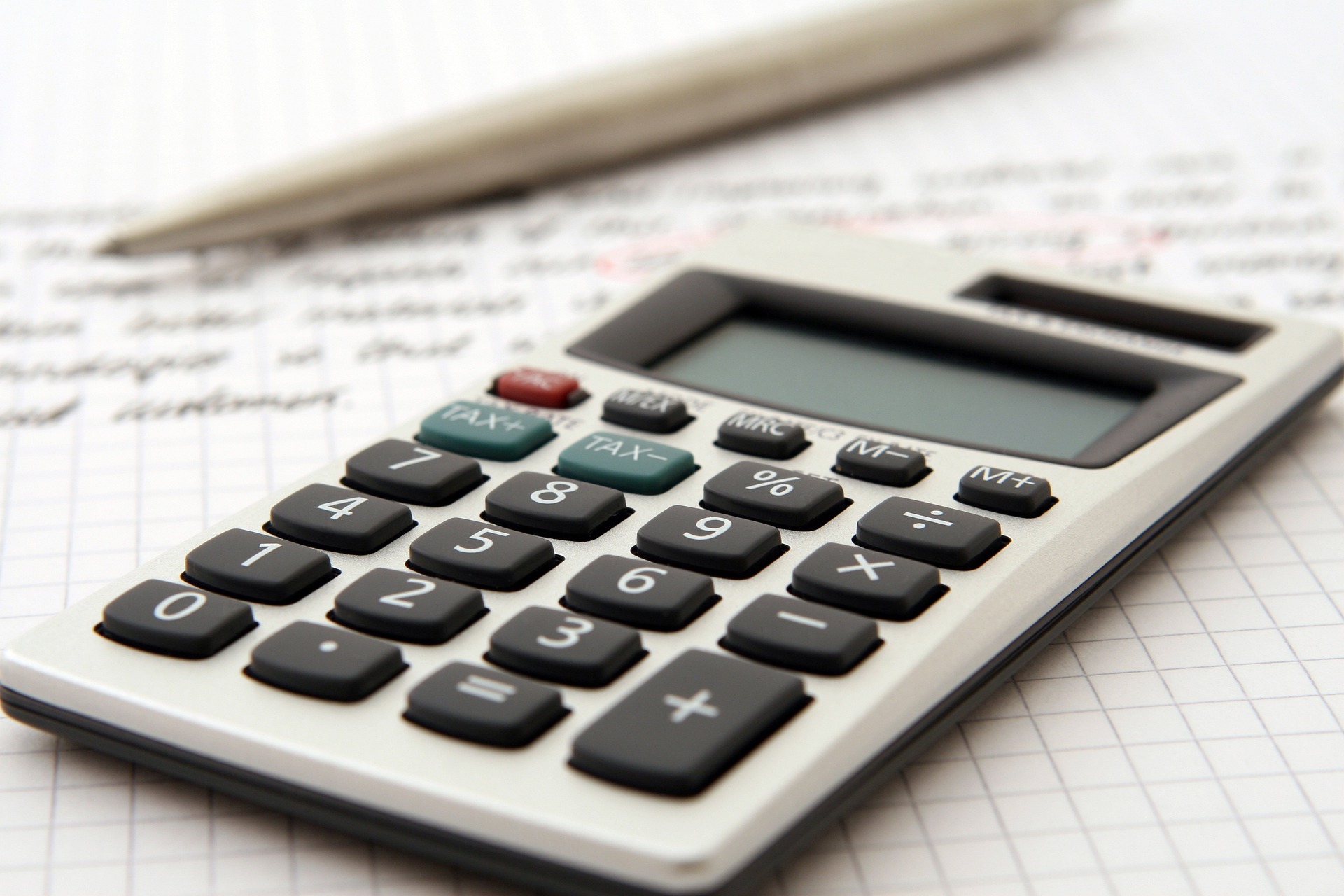Most individuals who opt for bankruptcy choose to file under Chapter 7 or Chapter 13. The latter is typically the first choice of those facing foreclosure due to late mortgage payments or repossession because of delinquent car loan payments. Chapter 13 permits those individuals to restructure and reorganize their loans, keep their home and car, and develop a creditor-approved 3-5 year repayment plan. While Chapter 13 allows you to keep these possessions, it also represents a more extended time commitment than Chapter 7 – which typically offers debt relief and a new beginning within four months. The longer time frame represents an additional risk of the financial distress recurring, such as through a job loss or medical emergency. Should something occur during a five-year payment plan and the debtor can no longer make payments – can they convert their situation into a Chapter 7 bankruptcy?
Each bankruptcy chapter offers advantages as well as limitations to the consumer.
One benefit of converting Chapter 13 to a Chapter 7 is the length of time in bankruptcy is significantly reduced. The individual will remain covered by the automatic stay, but the Chapter 13 monthly payments will be eliminated. If someone chooses to convert their case, they are not required to start over, as the assets and debts relate to the original filing date. The most significant advantage is that most debts can still be discharged, allowing the bankruptcy to be over within just a few months.
However, there are also downsides to converting the bankruptcy chapter. If your financial situation has changed and you can no longer make your scheduled payments, you may be required to surrender your home or car. Also, some debts eligible for discharge under Chapter 13 will be reinstated under Chapter 7.
When converting from Chapter 13 to Chapter 7, a new trustee will be assigned to the case, necessitating another round of document submission and a new 341 meeting.
How The Conversion Works
The Bankruptcy Code stipulates that an individual can convert a Chapter 13 case to a Chapter 7 at any given time. However, discussing your options with an experienced bankruptcy attorney is always prudent before making any changes with the court.
Typically, the process is initiated by filing a “notice of conversion” and a conversion fee of $25, which is the difference between the original Chapter 13 and 7 filing fees. The court usually does not require a hearing so the conversion process can be very brief. However, some situations can complicate a simple conversion.
* Federal bankruptcy law limits how frequently an individual can file for bankruptcy. Therefore an individual may not be eligible for conversion if they have both filed a Chapter 7 case and received a discharge in the last eight years.
* Those who have exercised a bankruptcy conversion in the past will have to obtain court approval to do so again.
When is Conversion From Chapter 13 to Chapter 7 Appropriate?
The most common reason people convert their case is a change in their financial circumstances.
Chapter 13 requires individuals to prove regular income sufficient to make monthly payments. Sometimes, life happens, and the financial situation changes, making it impossible to continue to fund the agreed-upon plan until the end of its term. In this case, it may be in the filer’s best interest to convert their bankruptcy to Chapter 7.
In Conclusion
Now that we have established how and why you may wish to convert from Chapter 13 to Chapter 7 bankruptcy, our next blog will address the specifics of what happens to the debts, what forms need to be filed, and how the new 341 meeting takes place.
If you are facing bankruptcy and are unsure of the best way forward, call the law offices of Richard V. Ellis today. We will help you to navigate this complex situation with skill and compassion.





